Do air pots actually work? Gardening experts reveal whether or not 'air pruning' lives up to the hype
Air pots claim to make plants healthier and stronger – I asked the experts if the science stacks up
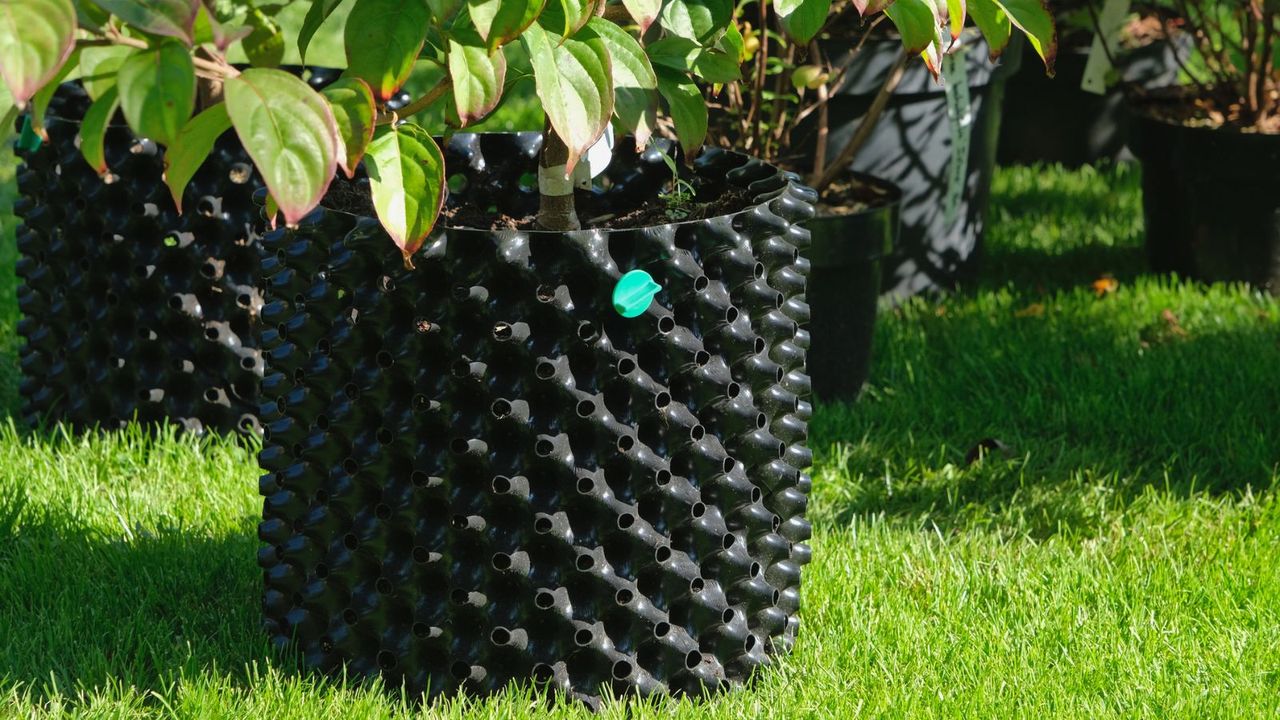

Air pots seem to be one of the best ways to ensure healthy plants. These ingenious pots use 'air pruning' to promote strong root growth, making for stronger, hardier plants.
However, this technical solution has several drawbacks that are not mentioned in the marketing materials. Like soil blockers and other methods of creating air pruning, air pots have a few issues to bear in mind before you buy.
I spoke to horticultural experts about how air pots are supposed to work, if it's worth buying them, and whether or not they even work at all.
What is an air pot?
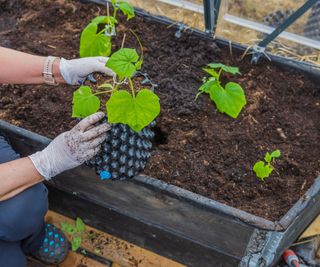
An air pot is a method for creating healthy roots for plants. Just as with soil blockers, an air pot is designed to create 'air pruning'.
Gardening expert Petar Ivanov says: 'An air pot (or air-pruning pot) is a specially designed plant container with a perforated or ridged structure that encourages better root growth. Unlike traditional planters, air pots have holes or slits along the sides, promoting 'air pruning' of the roots'.
'Air pruning' sounds a little technical, but it's a simple method,' Petar explains. 'When plant roots reach the holes in the pot, they dry out at the tips, which prevents them from circling inside the container. This leads to a healthier, more fibrous root system that absorbs nutrients and water more efficiently.'
Curtailing the roots triggers the plant to grow more, making for a sturdier, hardier plant.

Petar Ivanov is a gardening and plant expert who has been working at Fantastic Gardeners for eight years. As one of the company's top-performing experts, he now manages over six teams of gardeners, delivering stunning landscape results and fostering a deep connection with nature through his work.
What are the benefits of an air pot?
Air pots have several other benefits. Petar adds: 'Air pots also prevent root circling. The roots naturally stop growing outward and instead branch out, leading to better plant health.' In normal planters, roots can circle each other and tangle up, making for poor water absorption and weak roots.
This in turn speeds up germination and growth. Petar adds: 'Air pots encourage faster growth. Better root systems mean plants grow more vigorously and take up nutrients more effectively.'
Petar adds that air pots improve plants' aeration, too. He says: 'The perforated design allows more air to reach the soil, reducing the risk of root rot.' That means air pots are especially helpful for hydroponics and indoor growing. Petar says: 'The increased aeration is beneficial for controlled growing environments.'
Finally, air pots make plants hardier. Petar says: 'Air pots reduce transplant shock. Since roots are healthier and better distributed, transplanting from an air pot to another container or the ground is easier.'
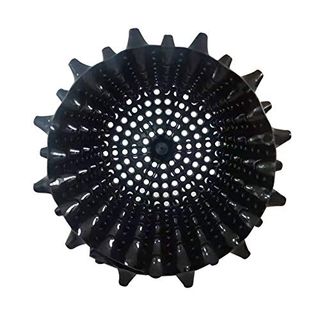
This five pack of air pots is all you need to get started. It's great for starting off small small plants before moving them into permanent planters.
What are the drawbacks of an air pot?
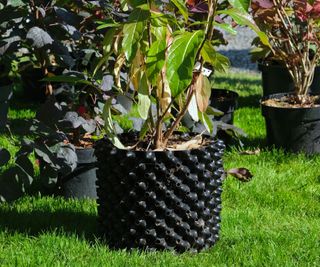
However, air pots have a few drawbacks. The first is that air pots need a little more upkeep than regular planters. Petar explains: 'Air pots require more frequent watering since the pot allows more airflow, soil can dry out faster than in a traditional pot.'
Air pots can be expensive to use because they tend to cost more than plastic or ceramic planters. It also takes a while to work out the right soil mix. Petar says: 'If the pot has large holes, some soil may escape, requiring a liner or larger particles in the soil mix.'
He adds that air pots don't work for every plant species. Petar suggests: 'Air pots aren't ideal for all plants because there are plants that prefer consistently moist soil (like some ferns) and may struggle with the increased drainage.'
Is it worth buying an air pot?
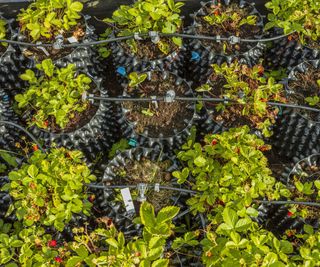
Air pots can make a huge difference to plant health, but they aren't necessary in every case.
Before you throw out all your planters and replace them with air pots, Petar explains: 'Air pots are worth it if you grow plants that need strong, healthy root systems (e.g., fruit trees, tomatoes, or fast-growing perennials) or if you're growing in containers long-term. Regular planters work fine for houseplants, flowers, and plants that don’t require extensive root aeration.'
Horticultural expert and nursery owner Tammy Sons agrees. She says: 'Air pots work well for developing roots in trees and perennials though traditional planters or in-ground planting remain better options for casual gardening. Air pots deliver excellent outcomes but demand significantly higher care levels.'

Tammy Sons is a horticulture expert, garden writer, and educator. Tammy is the CEO and founder of TN Nursery, an online plant nursery based in Altamont, Tennessee, which has provided plants for the Washington Monument and Arlington National Cemetery.
Air pots might be among the best outdoor planters but they aren't the most aesthetically pleasing choice. There are also much easier options out there too, like self-watering planters, which are much less work than air pots.
Sign up to the Homes & Gardens newsletter
Design expertise in your inbox – from inspiring decorating ideas and beautiful celebrity homes to practical gardening advice and shopping round-ups.

As a gardens and lifestyle contributor, Alex makes sure readers find the right information to help them make the best purchase. Alex got his start in reviewing at the iconic Good Housekeeping Institute, testing a wide range of household products and appliances. He then moved to BBC Gardeners’ World Magazine, assessing gardening tools, machinery, and wildlife products.
You must confirm your public display name before commenting
Please logout and then login again, you will then be prompted to enter your display name.
-
 Sleep in style with the 5 must-know bedding trends that will make your bed look and feel amazing in 2025
Sleep in style with the 5 must-know bedding trends that will make your bed look and feel amazing in 2025Here’s what your bed should be wearing this year, according to the experts
By Charlotte Olby Published
-
 Drew Barrymore's new 'butter yellow' range is in such demand, there is a secret waitlist for early access – it's expected to be a quick sell out
Drew Barrymore's new 'butter yellow' range is in such demand, there is a secret waitlist for early access – it's expected to be a quick sell outDrew is set to launch a select number of pieces in 'this season’s hottest colorway,' but guaranteeing their place in your kitchen begins now
By Megan Slack Published